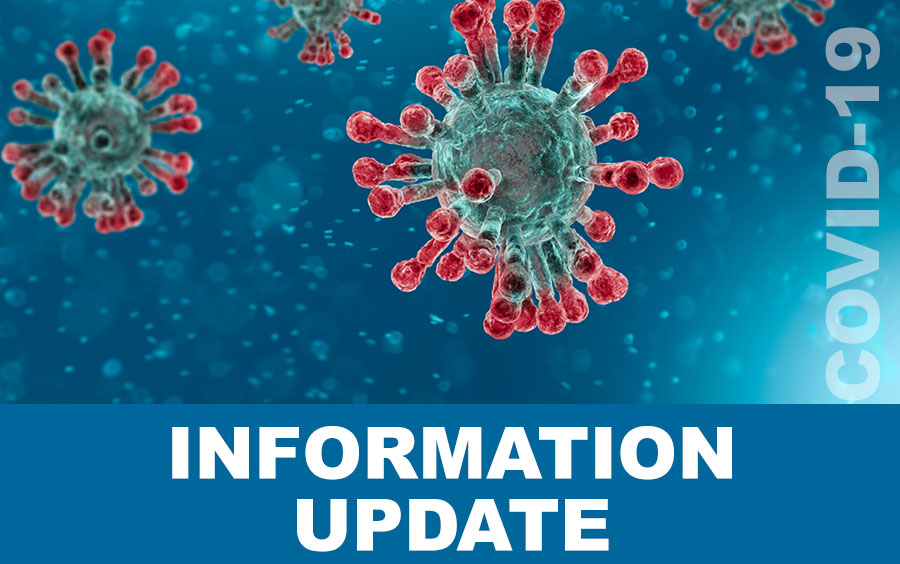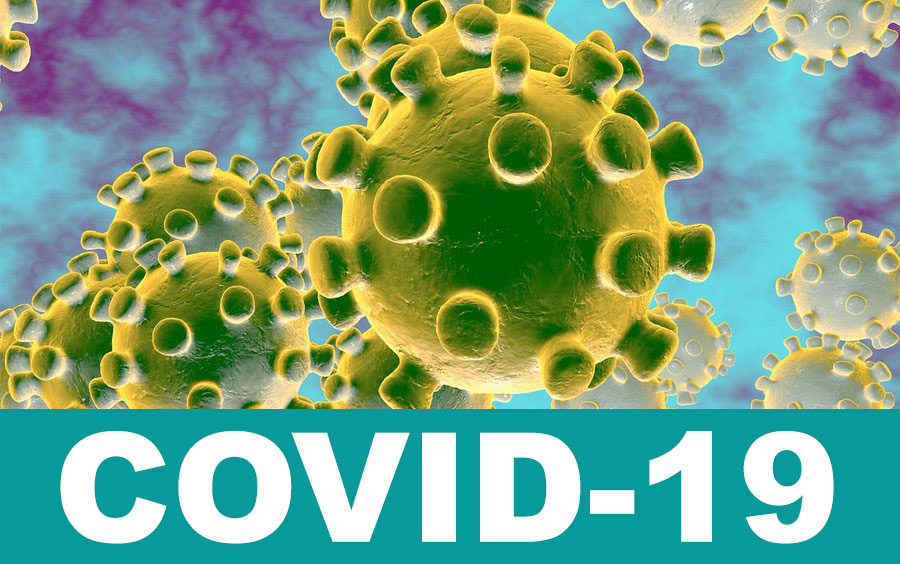
All members please note that your Health International team continue to offer our services as always and your dedicated 24hr emergency numbers are fully operational throughout the Region.
24hr Emergency Numbers are reflected on both the reverse-side of your membership card and the Health International webpage www.healthinternational.co, for your convenience.
Are You Covered For COVID-19? Health International would like to reassure members that their existing benefits are not affected by the COVID-19 outbreak and any Specialist referred medical advice and treatment will be covered as would be any other eligible medical condition applicable to a member’s plan. Evacuations by road/air within Zimbabwe continue as usual and members are fully covered in these cases. Air evacuations to South Africa are currently being handled on a case-by-case basis, however, it should be noted that due to the virus pandemic, these evacuations are heavily and severely restricted by the National Port Health Authority regulations.
Health International continues to closely monitor the COVID-19 situation as it develops around The Region with most Southern African countries currently in lockdown to prevent the spread of the virus.
On Sunday 19th April 2020, the government in Zimbabwe extended the lockdown for a further 2 weeks until 3rd May 2020. According to the report from the Zimbabwe Ministry of Health & Childcare, dated 19th April 2020, after 3 weeks in lockdown, there are 25 positive cases of Covid-19 and 225 individuals have been tested.
We remind Health International members to continue to follow the World Health Organisation (W.H.O.) recommendations and to remain safe by following their protocols: –
- Stay-At-Home – only leave your home for essential travel / shopping (food / medicine)
- Practice physical distancing by avoiding unnecessary travel and staying away from large groups of people
- Sanitise by washing hands regularly using soap & water or an alcohol-based rub – these kill viruses that may be on your hands.
- Avoid touching your face
- Maintain at least 1 metre between you and people who are coughing / sneezing
- Cover your mouth & nose when coughing or sneezing
There are individuals who are in a higher risk category of comorbidity during the current COVID-19 pandemic and should you fall into this category we strongly encourage you to exercise extreme social distancing and isolation for your own safety. As examples, the high-risk category includes individuals who are:
- 65 years and over
- Recovering from a recent surgery
- Undergoing a treatment plan for an illness / condition
Or have:
- Cardio related conditions such as hypertension, cardio surgery etc.
- Diabetes
- Autoimmune Disease
- Bronchitis or COPD
It is understandable that some of us get stressed by all the news on this virus and your concerns about how to protect yourself, your family and your staff – for the latest updates on the virus we can recommend the following websites:
We take this opportunity to thank Health International members for keeping themselves informed and safe by abiding with the lockdown instructions as set out by respective authorities throughout the Region.
As a reminder, always carry your membership card/s with you and the Health International 24hr emergency numbers are fully operational as always.
NOTICE TO ALL MEMBERS REGARDING MATTERS AFFECTED BY THE CORONAVIRUS PANDEMIC

We have no doubt that all members are acutely aware of and well-informed as to the seriousness of this world-wide pandemic and of the fact that cases of the virus have now occurred in Zimbabwe and regionally. The risk of spread, in line with the experiences elsewhere in the world, is clear and real.
Understandably, many of our members have sought, and continue to seek, clarity on aspects of best practice applicable to avoidance and treatment of the virus. To assist with regard to some areas of specific importance, we advise as follows:
-
- The importance of taking steps to avoid contagion cannot be over-emphasised. In this regard, the WHO protocols especially relating to personal hygiene practice and isolation are well-documented and very much in the public domain. We would urge you to acquaint yourselves fully with and adopt them immediately. This is especially so in the case of members who, because of their ages (over 60) and underlying existing medical conditions (e.g.: asthma, diabetes, heart or pulmonary diseases etc.) are more vulnerable than most.
- Regarding cross-border evacuations, it is important to note that all flight services are prohibited currently, and foreseeably, by Port Health Authorities from transporting any confirmed Coronavirus case. Cross-border evacuations in relation to all other emergencies are still competent subject to delays which will inevitably occur for reason of stringent clearance procedures.
- In view of the practical difficulties relating to regional travel, and because of increasing pressures on all hospitals due to the pandemic, elective treatments in South Africa are obviously very much more difficult to arrange than previously. All elective procedures also need to be carefully considered in the context of the Coronavirus contagion risk which will, increasingly, manifest itself at hospitals. We therefore recommend that, wherever possible, elective procedures are postponed.
- Any member exhibiting symptoms or wishing to be tested for whatever reason, and for all the reasons indicated above, should refer first to a General Practitioner rather than any hospital or similar institution and be guided by them.
- We will ourselves be reorganizing our personnel, temporarily, so that some of them will be working remotely. However, in order to continue providing the best possible service to our members, we will endeavour to keep our offices open to some extent. To help us do this, and to limit mutual contagion risk, we would ask that personal visits to our offices be kept to an absolute minimum and only in exceptional instances where telephonic and/or electronic measures of communication with us have been exhausted. To assist with this, herewith a reminder of all our relevant contact details:Switchboard Landlines: +263 (0) 242 746 573 / 4 Office Hours
Administration Department
Ellen Ciampi ellen@healthintergrp.com 0772 210 367
Joseph Kamowa joseph@healthintergrp.com 0772 894 645
Ethel Rollo ethel@healthintergrp.com 0773 491 280Claims Department
Michele Oftebro micho@healthintergrp.com 0772 378 679
Denis Tapson denis@healthintergrp.com 0772 286 211Peterhouse Claims
Sithembile Sithole sithembile@healthintergrp.com 0773 193 606
Lesley Utton les@healthintergrp.com 0772 201 390Marketing Department
Fiona Daly fiona@healthintergrp.com 0772 302 421
Sue Phillips sue@healthintergrp.com 0774 530 601Accounts Department
Jo Roberts jroberts@healthintergrp.com 0772 309 340Accounts Department – Claims
Debbie Christie debi@healthintergrp.com 0774 627 694General Enquiries Les Utton 0772 201 390
Finally, we recommend the following helpful link https://www.who.int/emergencies/diseases/novel-coronavirus-2019
Please be responsible, self-isolate and stay safe.
Kind regards.
Trilogy Benefits Group
Regional Office
23 Kenilworth Road
Newlands, Harare
Zimbabwe
Administrators for Health International
